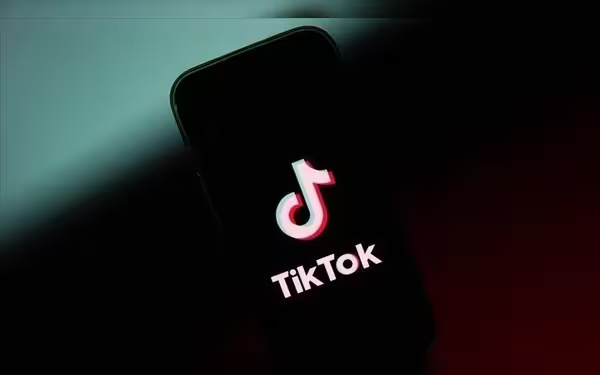Saturday, September 28, 2024 10:26 PM
TikTok Ban Legal Battle Begins in US Federal Court
- Federal court hears arguments on TikTok ban.
- Concerns over data privacy and national security raised.
- Ruling could impact foreign-owned tech companies.
 Image Credits: thefrontierpost
Image Credits: thefrontierpostThe US federal court begins hearings on a potential TikTok ban amid data privacy and national security concerns.
The ongoing debate surrounding TikTok, the popular Chinese social media and video-sharing platform, has reached a critical juncture in the United States. As concerns about data privacy and national security continue to mount, a federal appeals court in Washington, D.C. has begun hearing arguments regarding a potential ban on the app. This legal battle is not just about a mobile application; it touches on fundamental issues of free speech, data security, and international relations.
Initially, the ban was proposed due to fears that TikTok, owned by the Chinese company ByteDance, could be used by the Chinese government to access sensitive user data. U.S. officials have long warned that such access could lead to manipulation or espionage against American citizens. In response to these concerns, Congress moved to legislate a ban, which President Joe Biden signed into law in April. This law mandates that TikTok must either be sold to a U.S. company or face removal from all app stores by January 19, 2024.
During the recent court proceedings, TikTok's legal team argued that the ban infringes upon the First Amendment rights of free speech and expression for approximately 170 million American users. They emphasized that the sale of the app within the stipulated timeframe would be impractical and described the ban as a "radical departure" from the principles of an open internet. TikTok's attorney, Andrew Pincus, pointed out that the legislation unfairly targets the company due to its foreign ownership, potentially setting a troubling precedent for other foreign-owned platforms.
On the other hand, the U.S. Justice Department defended the ban, asserting that it is not an attempt to censor speech but rather a necessary measure to protect Americans from potential threats posed by foreign adversaries. Attorney Daniel Tenny highlighted the value of the data collected by TikTok, arguing that it could be exploited by foreign entities to compromise U.S. security.
As the court prepares to issue a ruling in December, the implications of this case extend far beyond TikTok itself. A decision against the app could pave the way for stricter regulations on foreign-owned technology companies, while a ruling in favor could reinforce the notion of free speech in the digital age. Regardless of the outcome, this case underscores the delicate balance between safeguarding national security and upholding individual rights in an increasingly interconnected world.
The battle over TikTok is emblematic of larger issues at play in the realm of technology and governance. As we navigate the complexities of data privacy and international relations, it is crucial for lawmakers, companies, and users alike to engage in thoughtful dialogue about the future of digital platforms. The outcome of this case will not only affect TikTok but could also shape the landscape of social media and data privacy for years to come.













